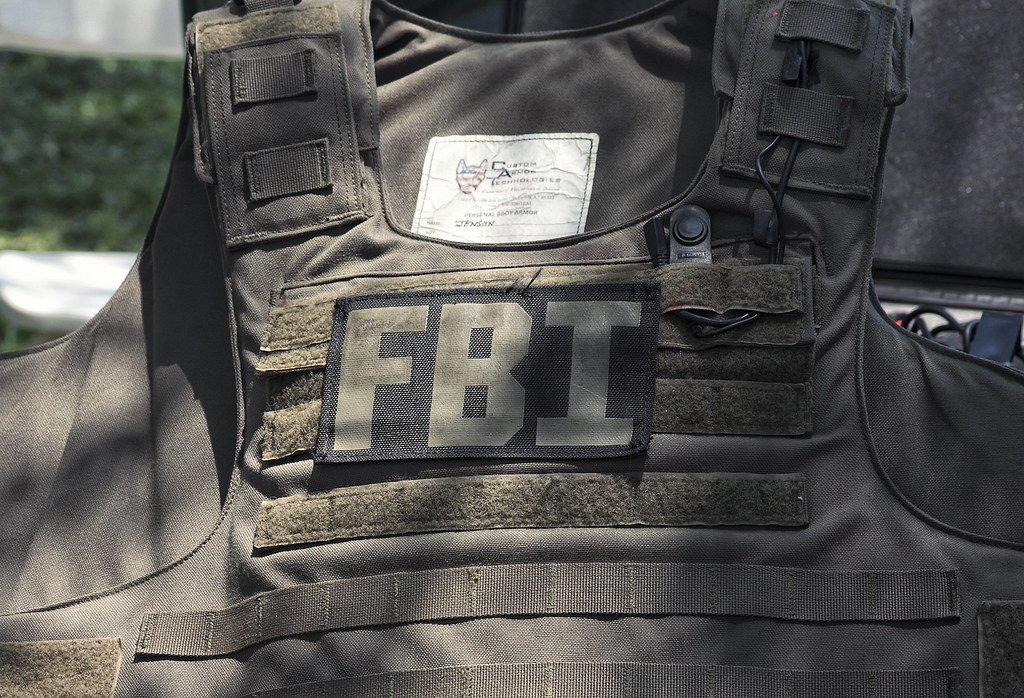Key Takeaways
- Lindsey Halligan led a grand jury case against former FBI Director James Comey despite no criminal trial experience.
- Her solo courtroom appearance was highly unusual for a newly appointed U.S. attorney.
- Two different versions of the indictment caused confusion and prompted questions from the judge.
- Observers now wonder who will handle the prosecution moving forward.
Lindsey Halligan’s Unusual Grand Jury Appearance
Lindsey Halligan, a former real estate lawyer in Florida, surprised many when she secured a grand jury indictment against ex-FBI Director James Comey. Appointed by Attorney General Pam Bondi, Halligan stepped into federal court with no prior criminal trial work. Instead of standing beside an experienced prosecutor, she presented the case alone. This move broke with long-standing traditions, and it drew close attention to her every step.
Why Lindsey Halligan’s Presentation Raised Eyebrows
First, it is rare for a new U.S. attorney with zero criminal experience to guide a grand jury. Usually, seasoned prosecutors handle such sensitive charges. Furthermore, Halligan did not even know where the grand jury room was located. This detail may sound minor, but it underlines her inexperience. Moreover, multiple legal experts found it odd that she both presented evidence and signed the indictment.
Unfamiliar Courtroom Routines
However, the most striking moment came in the courtroom itself. Reports say Halligan handed the judge two versions of the indictment. One document included a third count that the jury had rejected. The other matched the jury’s true bill. As a result, the judge paused and asked Halligan to clarify which version was correct. This mix-up led to an awkward exchange in open court.
Two Versions of the Indictment
The dual indictments stemmed from confusion over the grand jury’s decision. Initially, jurors declined to charge Comey on one count. Yet both documents reaching the judge had Halligan’s signature. This mistake raised fresh doubts. How could someone new to criminal law make such an error? In this case, Lindsey Halligan’s oversight became the focal point of media and legal commentary.
What Comes Next for the Case
Now, people are asking who will prosecute James Comey’s federal case. Will Lindsey Halligan persist despite her lack of trial work? Or will the Department of Justice appoint a veteran prosecutor? Many insiders believe an outside expert may step in. After all, the Eastern District of Virginia has a busy docket. Adding a high-profile matter without experienced hands could strain resources.
The Impact on Halligan’s Reputation
For Lindsey Halligan, this episode could leave a lasting mark. On one hand, she scored a grand jury indictment against a former FBI director. On the other, her courtroom debut became a cautionary tale of rushing into a complex criminal role. Transitioning from civil litigation to federal criminal work carries a steep learning curve. Halligan’s swift move into the spotlight highlights both ambition and vulnerability.
Understanding the Charges
The indictment against James Comey includes two federal counts. One count alleges improper handling of sensitive documents. The second focuses on alleged false statements to federal agents. The grand jury rejected a third potential charge, which added to the confusion over document versions. Going forward, any trial will dissect these allegations in public view.
Why This Matters
Federal indictments of high-profile figures rarely come from fresh faces at the U.S. attorney’s office. Lindsey Halligan’s story illustrates how political appointments can clash with legal norms. It also sheds light on the pressures a new appointee faces when handling sensitive cases. Moreover, the public will watch this case’s progress to see if the Department of Justice adapts its strategy.
Lessons for Future Appointments
First, criminal work demands deep courtroom knowledge. Second, clear document handling is critical. Third, support from experienced colleagues can prevent embarrassing missteps. Lindsey Halligan’s debut serves as a lesson in matching qualifications to responsibilities. Moving forward, the Justice Department may rethink protocols for placing first-time prosecutors on major cases.
Looking Ahead
As the case advances, all eyes remain on who will lead the prosecution. Will Halligan regain confidence with better preparation? Or will a veteran prosecutor take over? Regardless, the incident has opened a dialogue about training, oversight, and the balance between political picks and legal expertise. Ultimately, the integrity of the justice system depends on both fair appointments and proper procedure.
Frequently Asked Questions
What is unusual about Lindsey Halligan’s grand jury role?
It is rare for a new U.S. attorney with no criminal trial experience to present evidence to a grand jury. Typically, seasoned prosecutors handle such duties.
Why did the judge question Lindsey Halligan in court?
The judge noticed two differing indictment versions, both signed by Halligan. This error led to confusion and a court exchange to clarify the correct document.
Could someone else take over the prosecution?
Yes. Observers believe the Justice Department might assign an experienced prosecutor to ensure the case proceeds smoothly and avoids further mistakes.
What charges does James Comey face?
The indictment includes two federal counts: improper handling of sensitive documents and making false statements to federal agents. A third potential count was no-billed by the grand jury.
